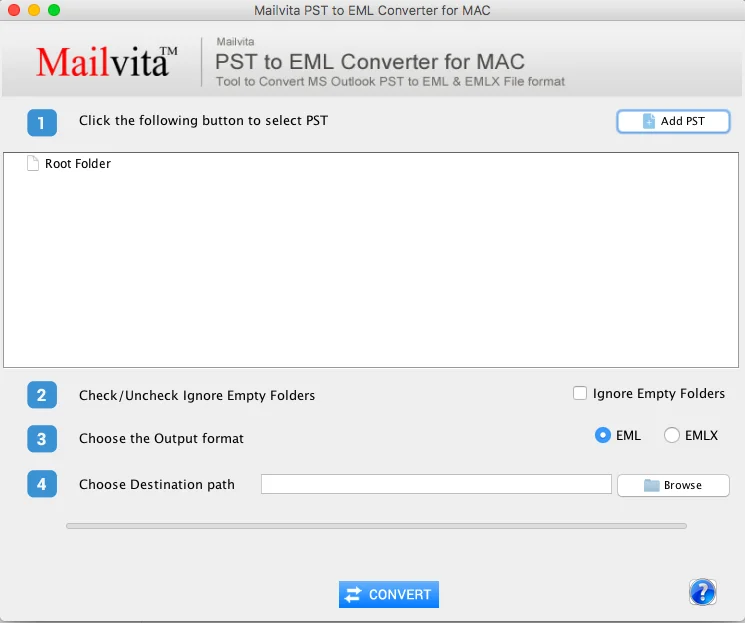Revolutionizing Clinics with Virtual Scribe Help
1
0
·
2025/07/31
·
4 mins read
☕
WriterShelf™ is a unique multiple pen name blogging and forum platform. Protect relationships and your privacy. Take your writing in new directions. ** Join WriterShelf**
WriterShelf™ is an open writing platform. The views, information and opinions in this article are those of the author.
Article info
Categories:
⟩
⟩
Tags:
Total: 965 words
Like
or Dislike
More to explore










What Is a Virtual Medical Scribe?
A virtual medical scribe is a professional trained to document patient encounters on behalf of a physician. Unlike in-person scribes, these professionals work remotely—either listening live to consultations or transcribing recorded notes.
This digital solution is also referred to as:
Virtual scribe medical
Medical scribe virtual
Medical virtual scribe
Online medical scribe
Remote medical scribe services
The goal of every version is the same: eliminate the burden of medical documentation so providers can focus on care.
Why Clinics Are Turning to Virtual Scribe Services
Clinics today face pressure from multiple angles—shortages of staff, rising patient expectations, and growing administrative demands. Here’s how virtual scribe services provide relief:
Reduce Physician Workload
Documentation can consume up to two-thirds of a physician’s day. Virtual scribes handle most of this load, giving back valuable time.
Improve Clinical Accuracy
Trained scribes ensure that every patient interaction is thoroughly documented, improving the reliability of health records and compliance.
Increase Face-Time with Patients
By removing the need for real-time typing, doctors can maintain eye contact and build stronger patient relationships.
Boost Revenue
With improved documentation, coding accuracy increases—leading to better reimbursement and fewer claim denials.
How Virtual Scribing Works in Practice
Step 1: Scribe Onboarding
The virtual scribe learns your specialty, preferred language style, and EHR workflow.
Step 2: Real-Time or Asynchronous Scribing
Depending on your setup, the scribe either joins live (via audio connection) or works off a recorded patient summary.
Step 3: Documentation Drafted
The scribe enters SOAP notes, history, physicals, and care plans directly into your EHR system.
Step 4: Physician Review
You verify and sign off—usually in a fraction of the time it would take to write the note yourself.
Choosing the Right Virtual Medical Scribe Service
Not all virtual medical scribe services are created equal. To make the right choice for your clinic, consider the following factors:
Scribe Training
Are they well-versed in medical terminology and your specialty?
HIPAA Compliance
Data security must be airtight. Choose providers with end-to-end encryption and access controls.
EHR Compatibility
Whether you use Epic, Cerner, Athenahealth, or others, your scribe should be able to work inside your preferred system.
Flexibility
Can you switch between live and delayed scribing? What if you need to pause services?
Pricing Models
Some providers charge per hour, per encounter, or monthly. Choose what fits your practice volume.
Specialty Use Cases for Virtual Scribes
Virtual scribing isn’t one-size-fits-all. Here’s how different medical fields are using these services:
Primary Care
With high patient turnover, medical scribe virtual assistants help keep up with demand while maintaining chart quality.
Cardiology
Detailed diagnostics and follow-up plans require precise documentation, which scribes are trained to handle.
Psychiatry
More conversational visits make typing disruptive—virtual scribes quietly document without interrupting flow.
Telemedicine
Virtual scribe services blend naturally with virtual visits, making documentation seamless and integrated.
Virtual Scribes vs. In-House Staff
Addressing Common Concerns
“Will a virtual scribe understand my workflow?”
Yes—scribes undergo onboarding specific to your practice, learning your style and documentation habits.
“How is patient data protected?”
Top providers offer HIPAA-compliant platforms with secure connections, access logs, and regular audits.
“Can I review notes before signing off?”
Absolutely. You maintain final control over every chart entry.
Case Study: From Chaos to Control
Dr. Raza Malik, a primary care physician in a busy clinic, was spending three hours daily after hours completing charts. After switching to remote medical scribe services, he reports:
Key Benefits for Healthcare Teams
While physicians are the primary users, the ripple effects of virtual medical scribing impact the whole team:
Nurses benefit from more complete charting.
Billing departments get cleaner notes and accurate codes.
Practice managers see improved workflow and fewer patient delays.
Patients experience more attentive care.
Integration with Modern Tech Tools
The best medical scribe online services aren’t standalone—they integrate with tools your practice already uses:
EHR systems
Scheduling platforms
Voice transcription tools
Telehealth apps
Some services even offer AI-assisted tools, where the scribe edits and verifies a base draft generated by artificial intelligence.
Pricing Structures to Expect
Prices vary based on scope and frequency. General benchmarks:
Per encounter: $2–$4 per patient note
Per hour: $10–$20 for real-time services
Monthly: $500–$2000+ depending on patient volume
Most providers offer free trials, so practices can test the value before committing.
Future of Virtual Scribing
As digital health matures, virtual medical scribe services will evolve with it:
AI-augmented scribing to reduce turnaround time
Speech recognition enhancements to speed up documentation
Specialized scribes for pediatrics, oncology, and more
Multilingual scribing for global patient populations
Yet despite automation, the human touch of a trained scribe ensures context, nuance, and compliance are never compromised.
Getting Started: Simple Steps for Clinics
Interested in trying virtual scribe services? Here’s a quick roadmap:
Identify your pain points (e.g., too much time charting)
Research vendors with strong reviews and healthcare experience
Schedule a demo or pilot
Onboard a test scribe
Evaluate impact on time, notes, and patient flow
Final Thoughts
As healthcare becomes more complex, the need for efficient, accurate, and sustainable documentation solutions grows. Virtual medical scribing offers that solution—not just for physicians, but for the entire care team.
With the ability to improve patient interactions, reduce burnout, and optimize workflow, virtual scribe medical services are quickly becoming essential to modern clinical practice.
Whether you’re a solo provider, a busy clinic, or a telehealth leader, embracing medical scribe virtual assistants could be the smartest step you take toward a better practice—and a better life.